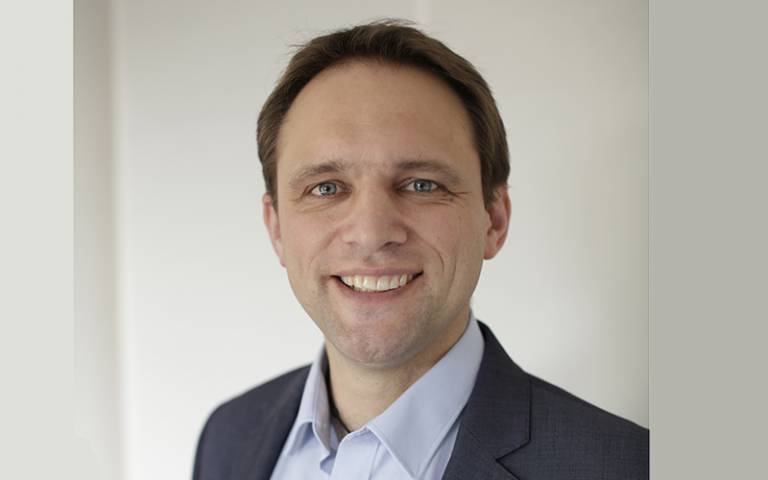STEaPP’s Jeremy Webb leads the launch of new global solar energy standards
11 November 2019
A series of new UN standards are set to drive global investment in renewable energy by enabling governments and companies around the world to compare alternative energy sources.

The Solar Specifications were developed by the Solar Energy Sub-Group of the United Nations Economic Commission for Europe (UNECE)'s Expert Group on Resource Management (EGRM), which is chaired by STEaPP doctoral candidate and former United Nations staff member, Jeremy Webb. The specifications will allow, for the first time, governments and companies to compare the benefits and risks of investing in solar energy projects with competing renewable and non-renewable sources in a systematic way.
Jeremy Webb said: “A lot of people, banks included, want to invest in solar energy projects but aren’t necessarily experts in solar energy. By using the Solar Specifications, these investors can see how mature a project is in terms of technology and socio-economic viability and make informed decisions.”
Renewable energy now accounts for around one third of global power generation capacity, with much of this growth led by investments in solar and wind energy. As the costs of renewables continue to fall, solar and wind energy are now considered cost-competitive with fossil fuel-fired power plants and represent the cheapest options for electricity generation in many countries. The European Commission has included both solar and offshore wind as key components of its long-term strategy for reaching carbon neutrality by 2050.
Jeremy Webb said: “With electric vehicles and rapidly changing energy demand, it is important that we have a matching energy resources. In fact, it would be ideal if publicly traded energy companies could report commercial solar energy resources with oil and gas reserves, but this is something we need to discuss further with stock exchanges and regulators.”
The Solar Energy Sub-Group, which also includes STEaPP Honorary Lecturer, Dr Long Seng To, hope that the standards will accelerate the global move towards sustainable energy as they provide a way of making a like-for-like assessment on competing energy resources.
The specifications are part of the United Nations Framework Classification for Resources (UNFC), a global system used by countries and companies to classify and report both non-renewable and renewable resources.
Speaking about the urgency to transition to a sustainable energy future, UNECE Sustainable Energy Director Scott Foster noted “With the solar and wind specifications now operational, UNFC has taken yet another step to becoming the global system of classification for the world’s energy system. We encourage all energy resource stakeholders to use UNFC to optimize their resource portfolios in line with the 2030 Agenda for Sustainable Development, thereby contributing to investment in and development of sustainable energy.”
The UN are now collecting case studies to demonstrate the real-world applications of the specifications and raise awareness of their value for investments in solar and other forms of renewable energy production. Any enquiries on developing these case studies should be sent to: jeremy.webb@challenge.institute.
 Close
Close

